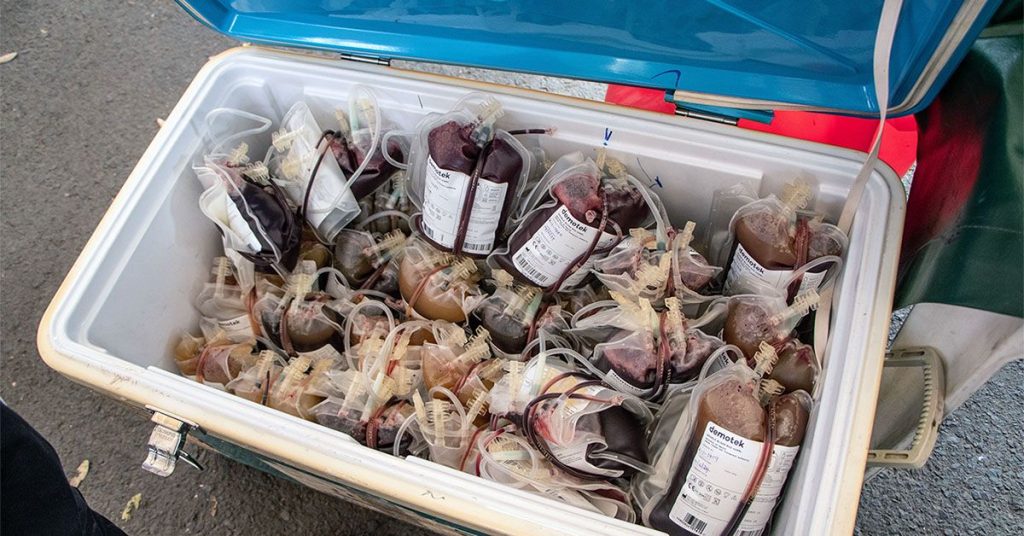Researchers at Massachusetts General Hospital have developed a blood test that analyzes over 200 proteins to determine an individual’s biological aging rate. This test, created using machine learning, can predict a person’s risk of developing 18 major age-related diseases and their likelihood of early death. By examining the proteome, which encompasses all proteins produced by an organism, researchers aim to provide a more accurate indicator of biological age compared to traditional DNA methylation-based methods.
The study, published in Nature Medicine, sought to develop a “proteomic aging clock” that could predict the likelihood of common age-related diseases. By analyzing protein levels, researchers could gain a more direct understanding of the biological mechanisms behind aging, offering insights that could potentially impact drug development. Unlike previous proteomic aging clocks, this new model has been independently validated across diverse populations and tested with a variety of age-related diseases, multimorbidity, and mortality. Multimorbidity, the presence of two or more concurrent conditions, is a growing concern globally that affects individuals, caregivers, and society in general.
Researchers analyzed data from 45,441 participants in the UK Biobank and validated their findings with two additional biobanks. They identified 204 proteins that accurately predict chronological age, along with a set of 20 aging-related proteins that were particularly indicative of age prediction accuracy. These proteins were linked to the onset of 18 major chronic diseases, such as heart, liver, kidney, and lung diseases, as well as diabetes, Alzheimer’s, cancer, multimorbidity, and mortality. Additionally, proteomic aging was correlated with various biological, physical, and cognitive measures, providing valuable insights into aging processes.
The lead author of the study, Austin Argentieri, explained that the proteomic age clock utilizes nearly 3,000 proteins to predict an individual’s chronological age and assess their biological aging rate. This measure, known as the proteomic age gap, is highly predictive of mortality and various chronic diseases, offering unprecedented insights into individual health risks. By demonstrating the accuracy of their model across diverse populations, including participants from China and Finland, researchers have validated the effectiveness of their proteomic aging tool in predicting future health outcomes.
Christopher Norman, a geriatric nurse practitioner, highlighted the potential of proteomic aging clocks to help individuals understand their health and make informed decisions about preventive interventions. While the tool is still undergoing development and has not yet been approved for healthcare use, researchers envision a future where proteomic age tests can guide individuals and healthcare providers in improving overall health outcomes. Continuous monitoring over time with proteomic age tests may enable individuals to track the impact of lifestyle changes and prevention strategies on their biological age and overall health.
Overall, the research conducted at Massachusetts General Hospital presents a groundbreaking approach to assessing biological age and predicting age-related disease risks using proteomic data. By leveraging machine learning and analyzing a wide range of proteins, researchers have developed a powerful tool that could revolutionize preventive healthcare and personalized medicine. As ongoing research further refines proteomic aging clocks and makes them accessible to diverse populations, individuals may have the opportunity to take proactive steps towards improving their health, guided by personalized insights into their biological aging processes.















